The United States will take the lead in the international response to the West African Ebola Epidemic with a large-scale operation led by the military to provide logistical, construction, materiel, command and control and operational coordinating functions.  According to a September 16, 2014 White House Press Release the president said:
â€So today, I’m announcing a major increase in our response. At the request of the Liberian government, we’re going to establish a military command center in Liberia to support civilian efforts across the region — similar to our response after the Haiti earthquake.â€
We have advocated an aggressive response for some time now as the disease progressed to epidemic proportions. The latest estimates are over 5,000 infected and 2,500 fatalities, although many feel this number could be understated by a factor of three or four based on the public fear of going to hospitals, the 21 day asymptomatic incubation period, the common practice of eating bush meat and other unsanitary conditions (see video sidebar).
Among the former military and other mass casualty experts we have spoken with over the last few days, opinions are mixed on sending the military to do this important job; some feel that with military force reductions and our own weaknesses in readiness, our ability to respond effectively has been compromised without severely risking domestic response capabilities. Others feel it is an excellent opportunity to use our military to perform heroic humanitarian work that has a positive global influence.
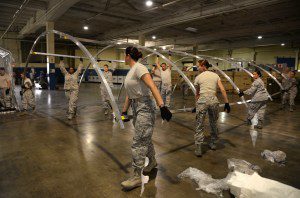 Appealing to the US for help, the charity group on the front line of the outbreak, Médecins sans Frontières, (MSF), stated that only the US Military could muster the logistics, construction capabilities and command and control structure to get in front of the epidemic. In many ways, this may be true, but  the scale of the plan requires strong participation from the international community as well if the objective of a truly more capable international infrastructure is to be achieved. The request specified that the MSF, which depends on recognized neutrality to accomplish its’ mission in active war zones, was not requesting security or protection from the military, just help in the logistics and construction of facilities. Unfortunately, as discussed in detail below, the reality on the ground is that the US cannot send personnel into the region without adequate security measures and there is a real possibility of danger. In any military deployment, force preservation is the primary objective.  Rampant spread of the epidemic shows there is not a fleet of aircraft ready to fly in from Hollywood and respond with high technology equipment and trained personnel to stave off a global pandemic, as discussed in this Foreign Policy article. The World Health Organization’s budget resources are nowhere near where they need to be to respond to this type of challenge.
Appealing to the US for help, the charity group on the front line of the outbreak, Médecins sans Frontières, (MSF), stated that only the US Military could muster the logistics, construction capabilities and command and control structure to get in front of the epidemic. In many ways, this may be true, but  the scale of the plan requires strong participation from the international community as well if the objective of a truly more capable international infrastructure is to be achieved. The request specified that the MSF, which depends on recognized neutrality to accomplish its’ mission in active war zones, was not requesting security or protection from the military, just help in the logistics and construction of facilities. Unfortunately, as discussed in detail below, the reality on the ground is that the US cannot send personnel into the region without adequate security measures and there is a real possibility of danger. In any military deployment, force preservation is the primary objective.  Rampant spread of the epidemic shows there is not a fleet of aircraft ready to fly in from Hollywood and respond with high technology equipment and trained personnel to stave off a global pandemic, as discussed in this Foreign Policy article. The World Health Organization’s budget resources are nowhere near where they need to be to respond to this type of challenge.
US Military Readiness: The military plays a significant role in the Homeland Security plans for Chemical, Biological, Radiation and Nuclear (CBRN) disasters and they have been trained to prepare and respond rapidly if required. A major objective of pandemic control is to coordinate with other countries to contain the virus and scale the treatment capabilities. DoD also plays a major role in coordinating international cooperation and communication during a pandemic, as seen in the Department of Defense Implementation Plan for Pandemic Influenza., which clearly articulates the military implementation roles in both domestic and international areas of operation. Although treatment of Ebola is obviously different than H1N1 or H5N1, many of the “three pillars†in the strategy are similar to activities that will be required in Africa.
“The National Strategy is built upon three pillars “to address the full spectrum of events that link a farmyard overseas to a living room in America.†Â
- Pillar #1:Â Preparedness and Communication
- Pillar #2:Â Surveillance and Detection
- Pillar #3:Â Response and Containment
These are the actions to limit the spread of the outbreak among humans and to mitigate the health, national security, social, and economic impacts of a pandemic, and include:
- Containing Outbreaks
- Leveraging National Medical and Public Health Surge Capacity
- Sustaining Infrastructure, Essential Services, and the Economy
- Ensuring Effective Risk Communication
The point is that the US military trains to respond to Pandemic events and should be able to respond to the challenges, although the unprecedented scope and effort brings unprecedented challenges, risks and potential hardships for our citizens on the ground.
Challenges for the Military and US Government ResponseÂ
Among the many risks the program faces are not executing quickly enough to prevent a multi-year epidemic and intervention, spiraling cost, keeping our people safe, and keeping our own country safe in the interim.
Scope and Scale This is an unprecedented effort in scope and scale, the complexity is much higher than the response in Haiti.  The economic and social impacts will be devastating to Liberia. We need to limit the effort to the already ambitious scope, and remember that Liberia, Sierra Leone and Guinea are fragile and unstable countries, as is neighboring Nigeria, for different reasons. The military has gone through force reductions and had a lot of private engineering, construction and transportation support during the last 13 years in Iraq and Afghanistan; coordinating this response will be a monumental task.
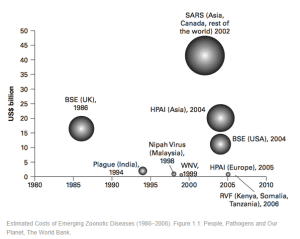 Spiraling Costs: As with all large and complicated projects, there is a conscious balance between speed, quality and cost: pick two and plan how to mitigate the risk with the third. In this case speed is essential to containing the outbreak and quality is critical to keeping our own people safe. As a result, the cost will probably end up being much higher than the $800 million estimated, if not multiples of that. The true economic cost could rise exponentially as local, regional and global trade slows down and impacts affected countries, as reported by Motley Fool, pointing out that the 2002 SARS outbreak cost almost $50B, when productivity and lost business were taken into account.
Spiraling Costs: As with all large and complicated projects, there is a conscious balance between speed, quality and cost: pick two and plan how to mitigate the risk with the third. In this case speed is essential to containing the outbreak and quality is critical to keeping our own people safe. As a result, the cost will probably end up being much higher than the $800 million estimated, if not multiples of that. The true economic cost could rise exponentially as local, regional and global trade slows down and impacts affected countries, as reported by Motley Fool, pointing out that the 2002 SARS outbreak cost almost $50B, when productivity and lost business were taken into account.
Need for Speed: Getting in front of the disease as quickly as possible is a critical success factor, as quoted in USA Today:
â€Fast action — getting the outbreak under control within four to six months — could reduce those costs, said World Bank Group President Jim Yong Kim. But if the disease spreads around West Africa, the cost could grow to billions.†Adding: “In terms of the financial cost, “it doesn’t really matter how many cases there are,” Kim said. “What matters is how we gear up our response.”
Safety and Security: Keeping US personnel safe as they support the effort, both from the disease and the physical threats will be a top priority. On the clinical side, hundreds of medical staffers have been infected and as of last month, over 150 had succumbed to the disease. By all accounts, the American Dr. Kent Brantly was meticulous in his infection control procedures, and yet he became infected, as did Sheik Umar Khan, the physician leading the response in Sierra Leone, who became an early casualty of the outbreak in late July, when the death toll stood at 630. Keeping 3,000 American soldiers safe from infection will take extraordinary skill and luck. With all the personnel and materiel flying in and out of the the region, it will also take enormous luck and effort to prevent bringing infected people back into the US without what would be a very unpopular quarantine at the border.
On the Physical Security side, there are serious risks of internal and external violence against all workers. Internally, there have been separate deadly attacks on healthcare workers trying to educate the population in remote areas, including the at least eight murders in Guinea. The other immediate risk is that of the extremist group Boko Haram, as mentioned in our previous post, they virtually control more than half of Nigeria and are among the most brutal terrorists on the planet. US Predator drones and Global Hawks have already been deployed to support the Nigerian Military to identify the location of hundreds of school girls kidnapped by the terrorists.  To make matters worse,  according to a scathing Amnesty International report, the Nigerian army is responding in a completely lawless and equally brutal manner, making us question whether Nigeria can survive as a national entity. We believe that Boko Haram will do what ever they can to disrupt US efforts on the ground in Africa.  The following videos show both Boko Haram and Nigerian Military activities:
Boko Haram:
Nigerian Military:
Keeping Us Safe at Home: Last but not least, we need DHHS, CDC and DHS to step up and demonstrate better preparedness at home. We wrote last week about the OIG report that revealed that 200,000 respirators in our national stockpile had expired, along with vast quantities of hand sanitizer and 84% of the vaccines that will expire in 2015. And were reminded of the poor performance of the Public Health Sector during the H1N1 outbreak in 2009. Over the past short few weeks, an airborne virus - Enterovirus 68, has traveled across the country with confirmed cases in 18 states and British Columbia. West Nile virus infections have reached historical highs across the country. These could just as easily been a severe strain of avian or swine flu, or MERS or SARS, causing own own catastrophic pandemic. Long experience in the healthcare industry and particularly All Hazards, has shown that for large-scale chemical, biological, radiological and nuclear (CBRN) response, it is the the military that state governments  and local communities count on to do exactly what we are currently committed to do in Africa – we need to keep our capabilities strong at home too.
In summary, we support the use of the US military for this mission and believe that they have the training and tools to do the job successfully. From a foreign policy perspective, successful execution will be very important to the president’s legacy. Having said that, containing the timeline and cost will be monumental challenges. exacerbated by primitive conditions and a superstitious population. Rapid deployment and infection control among caregivers and US military will be critical success factors, again hampered by local conditions and lack of infrastructure. We expect serious disruption as Boko Haram takes advantage of the American military presence to spread their ideology and interfere in  any way possible. This episode could be an existential threat to Liberia as a nation state, and we need to recognize this is a long term commitment and avoid being drawn into a quagmire.  Finally, we need to ensure that we remain safe at home as more virulent and drug-resistant biological agents cross our own borders.
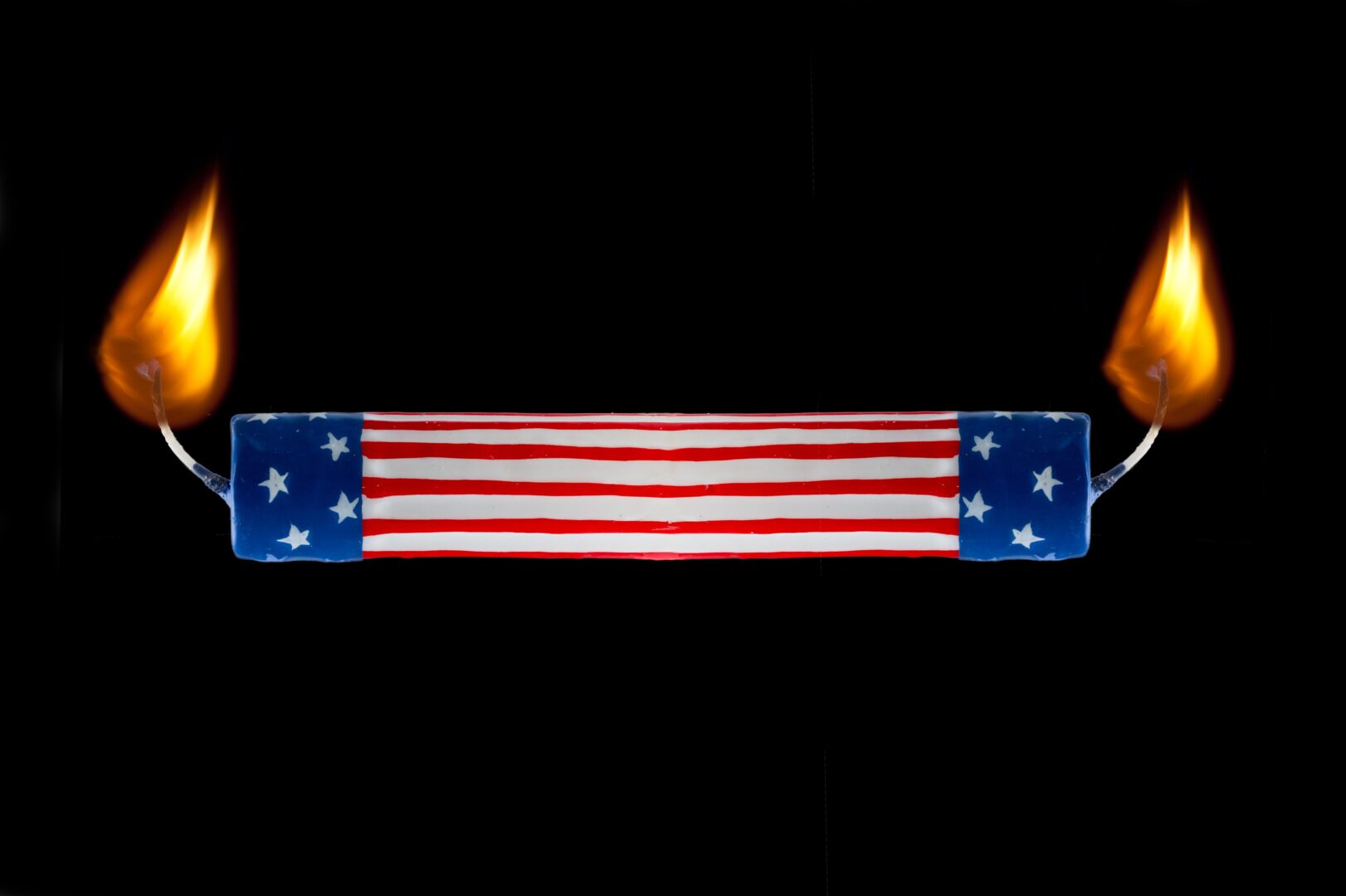

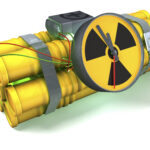


0 Comments